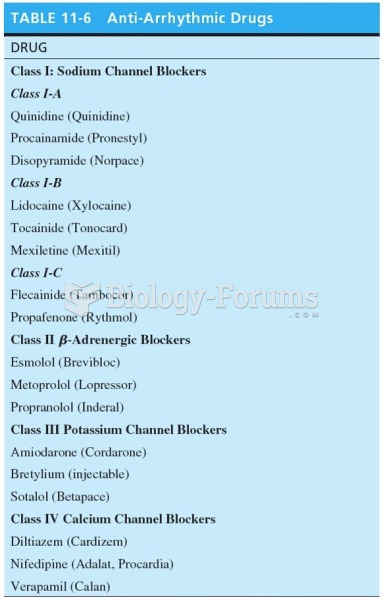This topic contains a solution. Click here to go to the answer
|
|
|
Did you know?
Human neurons are so small that they require a microscope in order to be seen. However, some neurons can be up to 3 feet long, such as those that extend from the spinal cord to the toes.
Did you know?
More than 4.4billion prescriptions were dispensed within the United States in 2016.
Did you know?
More than 30% of American adults, and about 12% of children utilize health care approaches that were developed outside of conventional medicine.
Did you know?
Persons who overdose with cardiac glycosides have a better chance of overall survival if they can survive the first 24 hours after the overdose.
Did you know?
The ratio of hydrogen atoms to oxygen in water (H2O) is 2:1.







